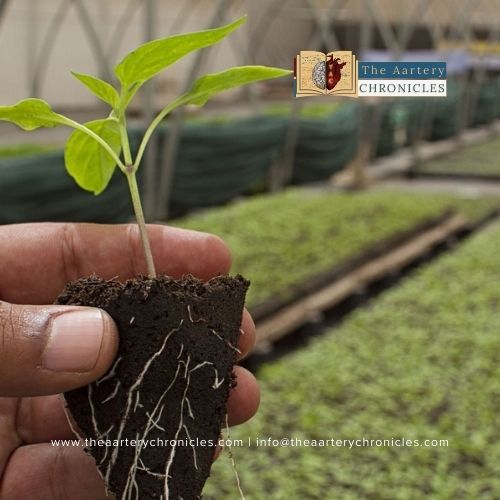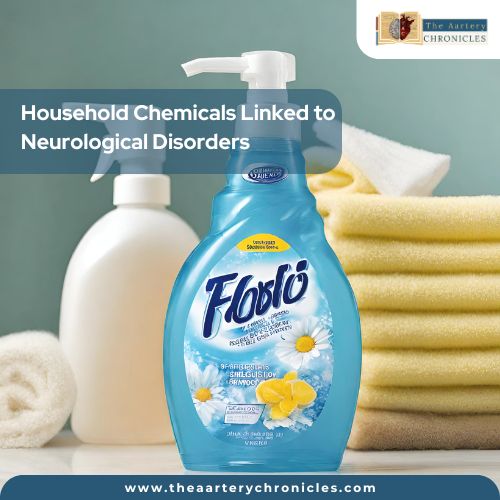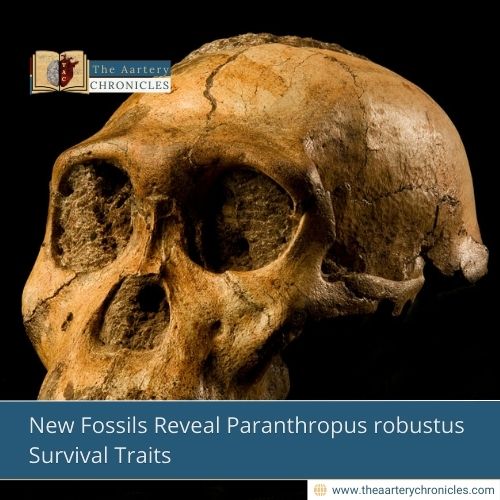

Decluttering for a Better Life – Part 1: Organizing Your Physical Space
Decluttering can be categorised into two types: your physical space and your mental space. Decluttering is to remove unnecessary possessions and organise your space better, be it your home or your mind. In this part, let us see how decluttering our physical space is useful and beneficial for us. It makes us realise that are other areas that require decluttering, like our calendar, our heart, our mind, our relationships, our habits, viz our life.
“What I know for sure is that when you declutter- whether it’s your home, your head, or your heart – it is astounding what will flow into that space that will enrich you, your life and your family “ – Peter Walsh.
Physical space means the cupboards, shelves, cabinets etc. in/and the rooms of your home. The busy lifestyle we lead, we do not get enough time to arrange and organize our home and discard unwanted possessions. This continues to accumulate, and you think, “there is no space, what do I do?” The answer is declutter.
Importance of decluttering
The importance of decluttering is that, once done, it leaves your spaces neat and orderly. It makes you happy and you feel as if a big load is lifted from your shoulders. The organized space will make you feel a semblance of peace and clarity. This will make you feel good about yourself and proud of your efforts. This makes place for the new by doing away with the old.
The basic step is to have containers for different categories for your possessions.
- Keep : this is for possessions you want to continue keeping and keeping them in their designated places
- Fix: this is for possessions that need to be fixed or mended for use
- Recycle : this is for possessions that can be recycled
- Donate : this is for possessions you no longer use (in good condition)and which can be donated
- Sentiment : this is for possessions that may possess sentimental value
- Discard : this is for possessions that can be discarded outright
To cite an example : You want to declutter your cupboard : begin with one shelf at a time. Remove all the possessions and keep them in separate piles (containers/boxes/baskets) as per the category they fall in. Clean and disinfect the shelf, and arrange all the useful possessions that you want to keep. There are cupboard organizers, easily available, that can be used for this. Ah, the feeling of looking at your neat and organized cupboard is a feeling that has to be experienced.
“The best way to get something done is to begin.”
Examples
- Clothes that no longer fit or those that you haven’t worn for more than a year, can be donated to charities.
- Faded receipts, old brochures, used tickets, unwanted bills, can all be discarded.
- Books you no longer read nor intend to read in future can be donated to libraries
- Electric cables, old chargers, if not in working condition, can be given to organizations that recycle discarded electronic possessions
- Newspapers, old unwanted plastic possessions, tin boxes, etc. that are old can be sold back to the newspaper vendor or recycled
- Old photo frames/laminations of religious nature can be donated to organizations that reuse or recycle such items
- Utensils, crockery, cutlery, that you no longer use, can be donated
- Expired medicines can be discarded responsibly
- Unwanted possessions like expired cosmetics, old bus tickets, faded petrol receipts, visiting card that are no longer useful, should all be emptied from your purse and discarded
- Papers can be sorted in categories : file, recycle, shred. Keep all your important documents in a folder (physical or digital) properly labelled, so you can find it as and when required
- Toys/clothes that your children have outgrown can be donated
- Stationery possessions that are not used can be donated to the needy
Rules
There are some decluttering rules that maybe helpful to you for this process.
1) 12/12/12 Rule : Select 12 items that need to be discarded, 12 items that can be donated, and 12 items that can be kept back in their place.
2) 20/20 Rule: Discard items that can be replaced for USD $20 and bought under 20 minutes.
3) 80/20 Rule : We use 20% of our possessions 80% of the time. So better to store the 80% well or discard them.
4) 5 second rule : While sorting through your possessions, take five seconds to recall when it was last used by you. If you cannot remember, then it is time to discard it.
5) Rule of 5 : This is the 5 year rule. As you declutter, if you come upon something you have not used in the past 5 years, then it is to be discarded.
6) 1 in 1 out rule : For each item you purchase, donate/discard one item. E.g. if you bought a new dress, donate one of your old dresses. This maintains the balance and reduces clutter.
We all love living in our home that is neat, tidy and clean. How about setting aside an hour or so each weekend to do some decluttering ? Begin now, and, over a period of time, it will become second nature. You will automatically discard unwanted items, immediately, without awaiting the weekend decluttering ritual.
“Bottom line is, if you do not use it or need it, it’s clutter and it needs to go”- Charisse Ward.
.. to be continued









